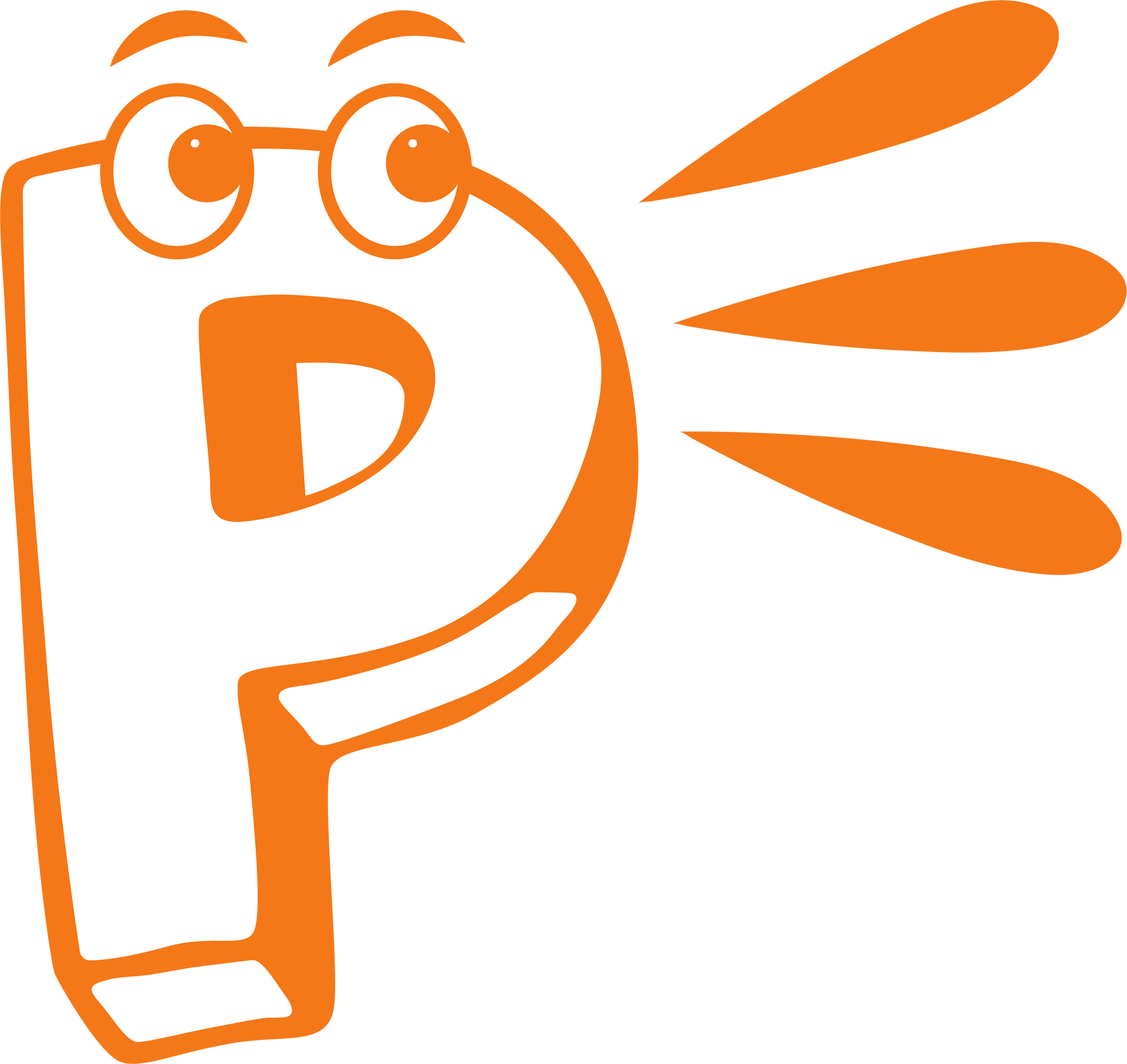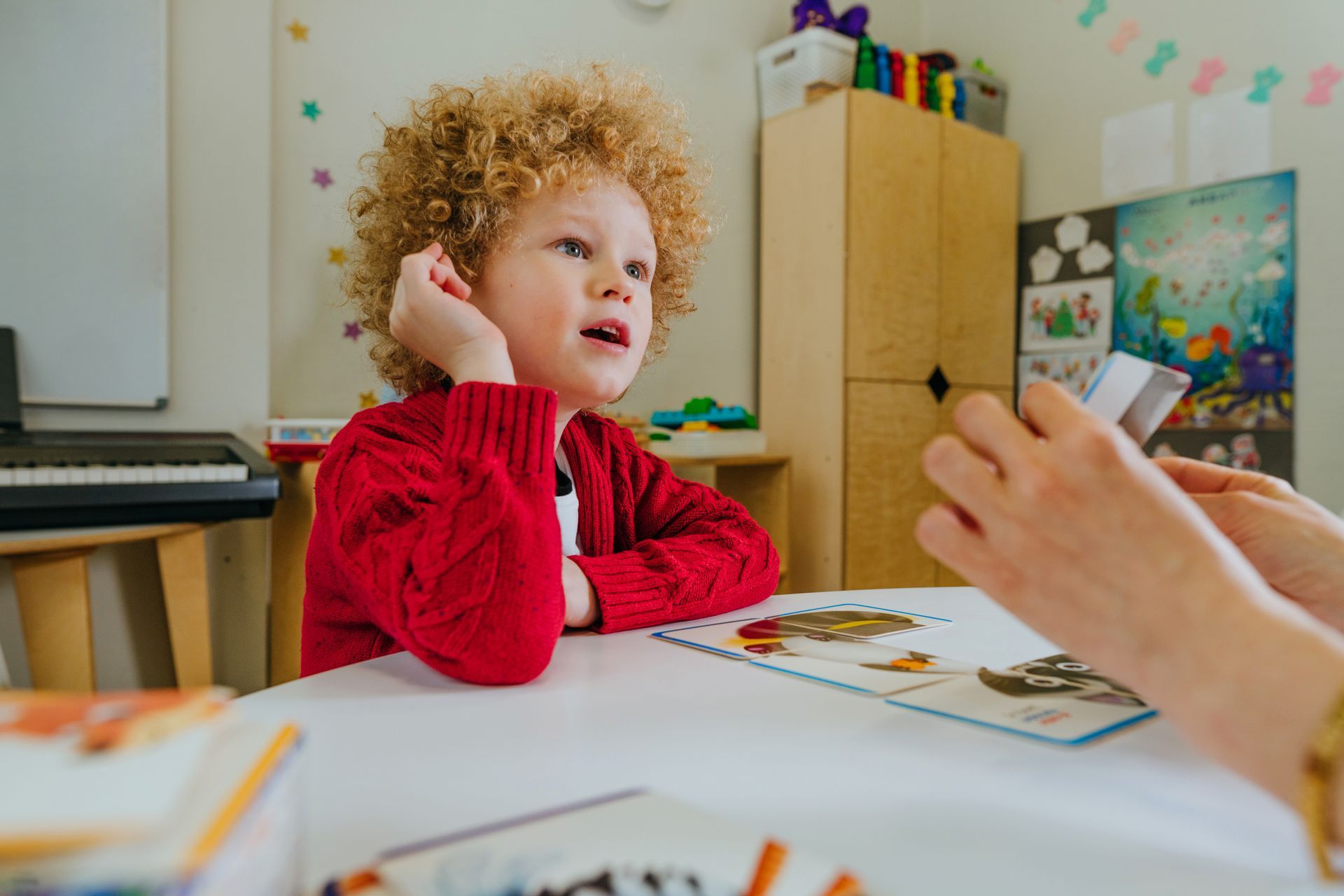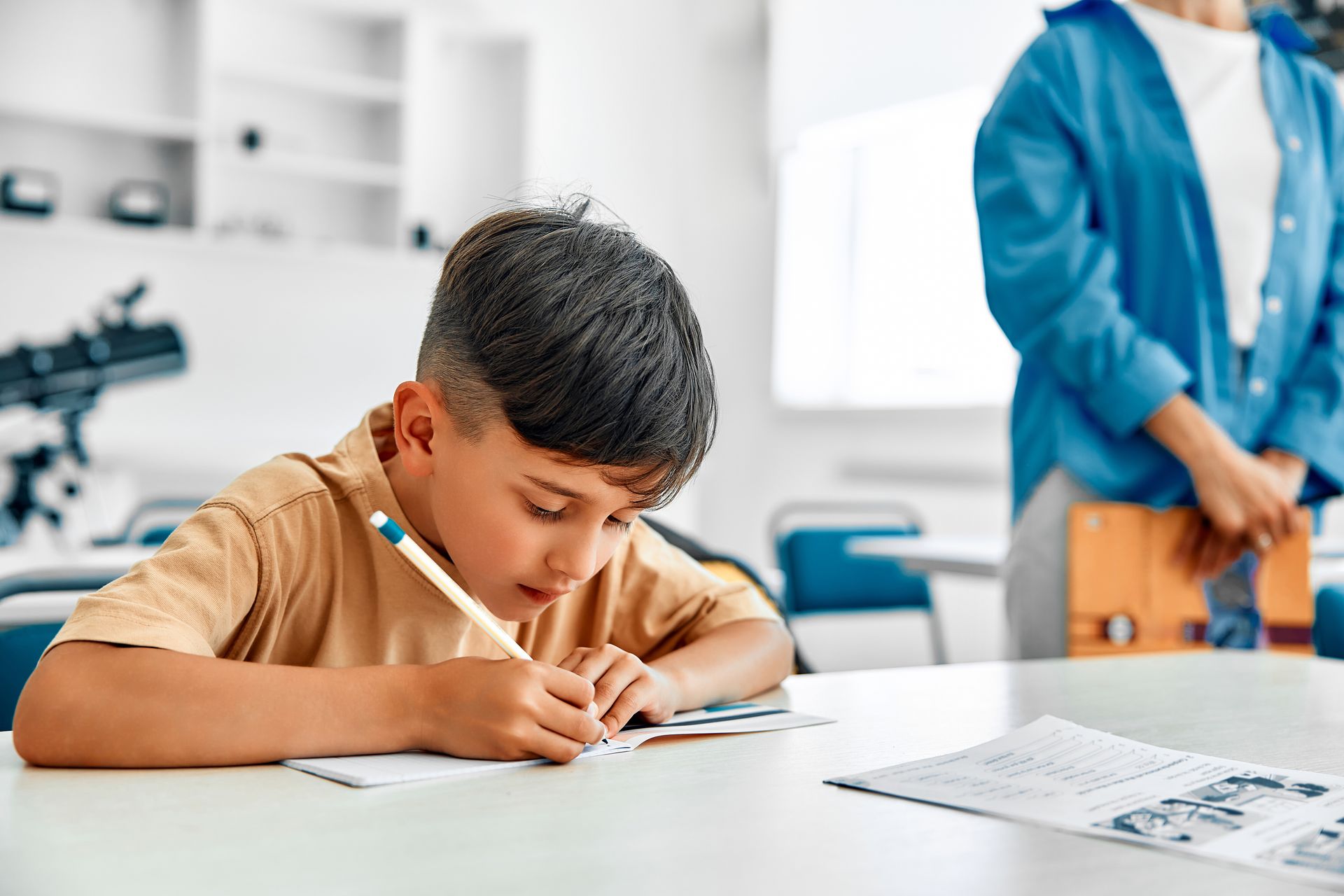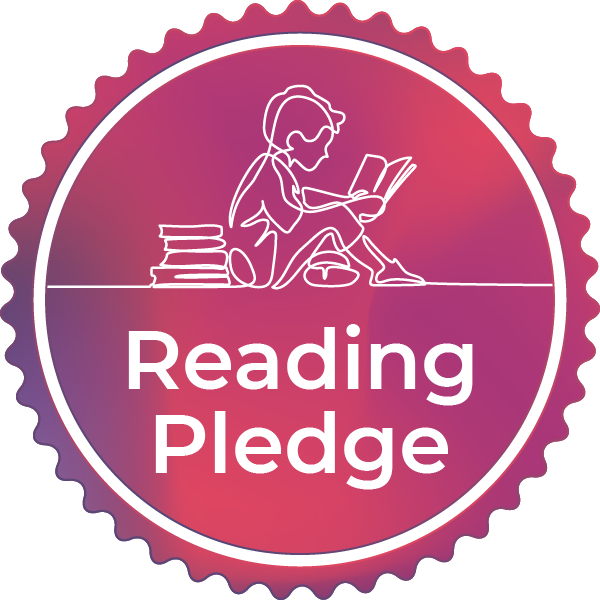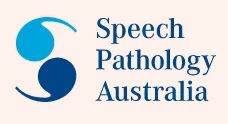
Developmental Therapy
At Pioneer Speech, our Developmental Therapy services is a type of support that helps children build important everyday skills so they can grow more confident and independent. It’s designed for children with different types of developmental challenges, including those with disabilities, and focuses on helping them develop abilities that make day-to-day life easier and more enjoyable.
We employ a diverse team of experienced professionals, with relevant experience in disability support named Support Specialists. Each team member is skilled in creating and delivering individualised programs with a client-centre approach.
How We Support Developmental Growth
Our sessions focus on helping children gain independence and build critical skills for everyday life. We emphasise practical abilities—like communication, social interaction, and problem-solving. This approach allows us to focus on functional development that supports each individual’s growth in meaningful ways.
Each session is highly customised and falls within Tier 3 of the Multi-Tiered System of Supports (MTSS) framework, providing the most intensive level of individualised support for children facing significant challenges. This tier is designed for children who benefit from highly structured, tailored, one-on-one developmental guidance, helping them make strides in daily living and interaction skills.
Confidence soaring for both child and parents
Steady emotional balance all day long
Fewer challenging behaviours, more harmony
Sharper focus, stronger problem-solving, and boosted cognitive skills
By working closely with each client and their families, our Developmental Therapy services at Pioneer Speech provide an empowering foundation for children, enabling them to meet their goals, develop independence, and enhance their quality of life.
What Are Learning Disabilities?
Learning disabilities are neurological disorders that affect how individuals process and understand information. They can impact skills such as reading, writing, listening, speaking, spelling, and math. Unlike intellectual disabilities, learning disabilities do not reflect a person’s intelligence or motivation.
Embracing Learning Differences
Learning differences can affect a range of skills and vary in severity. They typically emerge in early childhood and can continue throughout a person's life. Some individuals may need specific strategies to succeed in school and work, while others can manage their challenges with the right support and dedication. Examples of common learning differences include dyslexia, ADHD, dyscalculia, dysgraphia, dyspraxia, and auditory and visual processing disorders.
We are dedicated to helping individuals with learning challenges by providing detailed assessments and personalised sessions online across Australia. Our sessions are grounded in evidence-based practices and are designed for children (ages 5 and up). Our mission is to assist children who struggle with reading, writing, spelling, math, and communication skills, empowering them to thrive and succeed.

